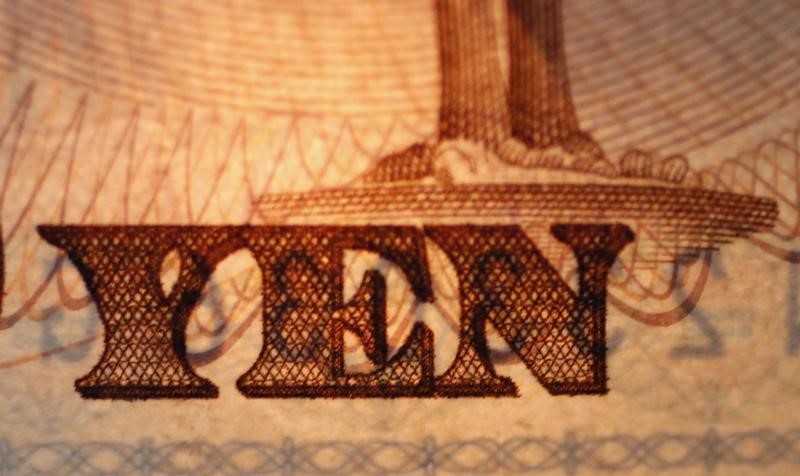* Mnuchin tells FT he sees USD strength in long term as positive
* Treasury yields rebound from 5-mth lows to also lift dollar
* USD/JPY gains limited by caution before US-Japan economic talks
* Aussie slips from 2-week highs on weaker iron ore prices (Updates prices, adds details and quotes)
By Shinichi Saoshiro
TOKYO, April 18 (Reuters) - The dollar pulled away from five-month lows versus the yen on Tuesday, with comments from U.S. Treasury Secretary Steven Mnuchin and higher debt yields giving the bruised greenback some breathing space.
Still, the dollar was capped by nervousness about Tuesday's economic dialogue between the United States and Japan. Lingering worries about North Korea and the coming French presidential elections also kept a lid on the dollar against the safe-haven yen.
Mnuchin told the Financial Times that he agreed with U.S. President Donald Trump's view that the dollar's strength in the short term was hurting exports, but that he saw the currency's strength over the long term as a positive. comments were seen countering those of the president, who last week said the dollar was too strong, sending it reeling.
The dollar added to overnight gains and was up 0.1 percent at 109.040 yen after rising briefly to 109.225. It had sunk to a five-month trough of 108.130 earlier on Monday on worries about tensions in the Korean Peninsula.
At the U.S.-Japan economic dialogue, there are concerns Washington could take a tough trade stance against Tokyo, which has been wary of Trump's complaints that Japan and other countries have artificially weakened their currencies.
"For dollar/yen, the main focus will be on what kind of pressure the United States could apply on Japan as basically U.S. trade policy is linked with a policy for a weaker dollar," said Junichi Ishikawa, senior forex strategist at IG Securities in Tokyo.
"The yen cannot simply continue weakening along with higher stocks under such conditions," he said.
Washington's standoff with Pyongyang was seen adding a new dimension to U.S.-Japan economic talks, as the United States has sought support from China in confronting North Korea.
"Trump appears to have made a concession regarding China, a key player in the North Korean situation," said Makoto Noji, senior strategist at SMBC Nikko Securities, referring to last week's U.S. Treasury's semi-annual currency report in which the Trump administration backed away from a key campaign promise and did not label China a currency manipulator.
"But at the same time, for the sake of his supporters, Trump has to stick with his pledge to tackle trade imbalances, and this raises the risk of his administration getting tough with Japan," Noji said.
The dollar index, measuring it against a basket of major currencies, was flat at 100.290 .DXY after popping up to 100.400 earlier in the session.
The euro was a shade higher at $1.0652 EUR= , having seen limited movement on Monday when many European markets were shut for the Easter holiday.
The Australian dollar dipped 0.3 percent to $0.7566 AUD=D4 . The Aussie nudged up above $0.7600 to a two-week high on Monday on upbeat Chinese growth data. However, weaker prices of iron ore, Australia's key export, have prevented the currency from staying above that threshold.
Treasury yields rose from five-month lows on Monday as Wall Street shares gained, reducing demand for safe-haven debt. US/
(Editing by Richard Borsuk)
